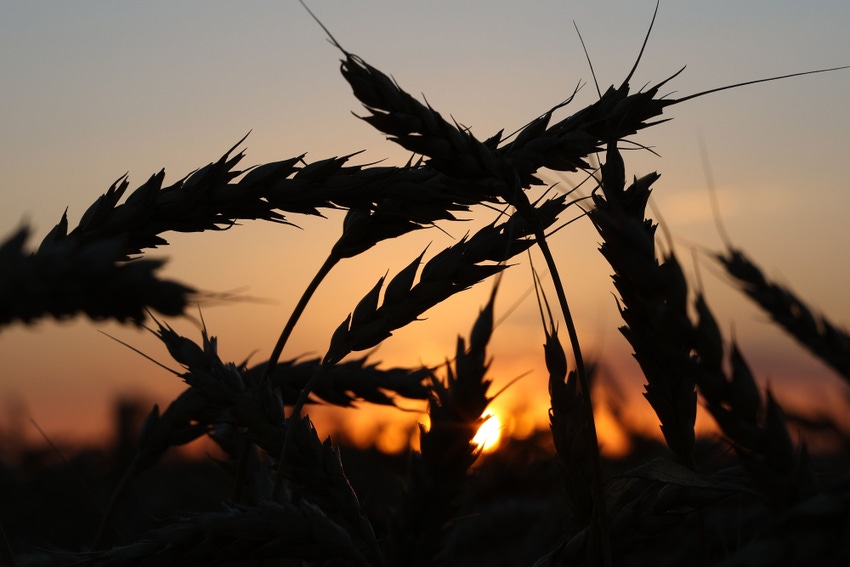Viterra to exit Russian grain export market
Viterra and Cargill both ranked in the top six exporters of Russian wheat in the first half of the season.

By Isis Almeida, Áine Quinn and Megan Durisin, with assistance from Archie Hunter, Tarso Veloso and Anuradha Raghu
The two biggest western shippers of Russian grain, Cargill Inc. and Viterra, will halt purchases for export in a shift that will give local firms more control over shipments.
Glencore-backed Viterra is planning to exit the Russian export market and intends to announce the decision soon, according to people familiar with the matter. Cargill will stop exporting grain sourced by the company in Russia from July, but will continue to buy cargoes from other firms.
Viterra and Cargill both ranked in the top six exporters of Russian wheat in the first half of the season. Russian grain is vital to global crop trade and feeding the world. Its agricultural products aren’t under sanction, but trade can be complicated by restrictions on Russian banks and state companies. International grain traders have also faced pressure to leave from Moscow and the local industry.
Wheat futures rose as much as 3.5% in Chicago on Wednesday.

Viterra plans to leave by the end of this agriculture season, according to one of the people. For now, the company is still shipping grain and is figuring out how it will leave and what to do with its assets. Viterra owns 50% of the Taman grain terminal on the Black Sea. The firm didn’t respond to a request for comment.
Cargill cited mounting grain export-related challenges for its decision.
“As grain export-related challenges continue to mount, Cargill will stop elevating Russian grain for export in July 2023 after the completion of the 2022-2023 season,” a spokesperson said. “Cargill intends to continue shipping grain from Russia to destination markets in line with our purpose to nourish the world.”
The Minnesota-based company is in the process of reviewing its portfolio of assets relating to grain exports, according to a person familiar with the matter. Its export assets include a stake in a port terminal in Novorossiysk on Russia’s Black Sea, and a river terminal in Rostov-on-Don.
Commodity control
Russia has been making it increasingly harder for foreign traders to obtain the paperwork necessary to export their grain, according to people familiar with the matter. The country has been trying to gain more control over its commodity shipments, and recently discussed price levels at which wheat should be sold.
Two of the big Russian firms that could benefit from the traders’ exit are state-backed. Grain Gates, the second-biggest exporter, is a partner of Demetra Trading. State-controlled VTB Group is one of the shareholders of Demetra. OZK, which is also known as United Grain Co., is owned by the state and Demetra.
Earlier, Russia’s agriculture ministry said it received a notification from Cargill about plans to stop exporting the country’s grain, following a report by business newspaper RBC. The ministry indicated that it doesn’t expect the move to stop any Russian supplies reaching global markets and that Cargill’s assets related to shipping grain will keep functioning regardless of who manages them.
Governors of key grain-producing regions last year called for foreign companies’ participation to be limited, so that Russia could control its own exports. Around that time, major Russian fertilizer supplier UralChem informed President Vladimir Putin that it was willing to buy the local assets of grain traders Cargill and Viterra.
©2023 Bloomberg L.P.
About the Author(s)
You May Also Like



